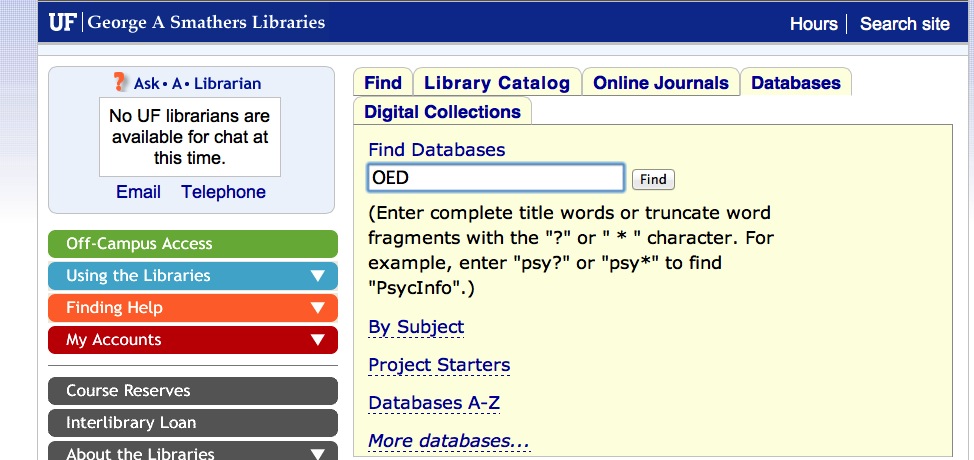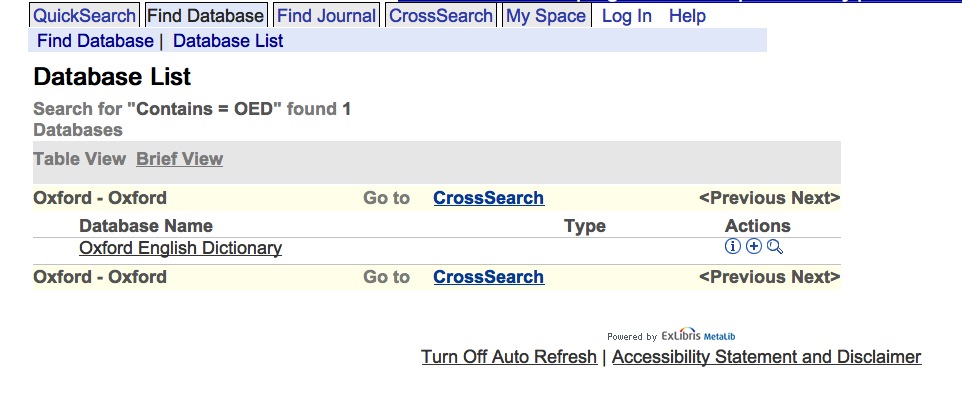
NOTE: All assigned work for this course must be completed and be of passing quality to pass. We will learn collaboratively. I will not lecture at you while you try to stay awake. Therefore, you and your fellow students must all participate in class discussion. This is a new and somewhat experimental course I have designed myself. To get above a C in the course, you must participate in class discussion. Attendance means not only being in class, but includes completing the assigned work for each class by the time it is due and arriving to class on time. (If you arrive late to class or if don't do the discussion questions, you are counted as absent.)
Your final gade in the course will be based on the following:
Three Papers: 45 percent
Discusion Questions and Three Shots: 25 percent
Co-Leading Class: 15 percent
Class Participation: 15 percent
Requirements:
Email all work for the course to me at RichardBurtLit@gmail.com.
Two DQs and Three Shots on an assigned film are due every Monday by 5:00 p.m. and every Wednesday by 5:00 p.m.
Students will co-lead class twice.
Three papers, 500 words each.
TOTAL ATTENDANCE; All assigned work for the course must be completed, turned in on time, and be of passing quality to pass the course. We will learn collaboratively. It's what I call "live learning." I will not lecture at you while you try to stay awake. Therefore, you and your fellow students must all participate in class discussion. This is a new and somewhat experimental course I have designed myself. It is not a course where you can do 70 percent of the work and expect to get a C in the course. To get a C in the course, you need to do 100 percent of the work at a C level. Because of the large number of students in the class, I may not notice if you have not been completing the work until the end of the term. In that case, you will receive an E. To get above a C, you must participate in class discussion.
If you are offended or disturbed by nudity, sex scenes, graphic violence, etc., in films, I strongly advise you not to take this course. You are not required to take it. But if you do take this course, you are required to watch all assigned films, including one widely considered to be among the greatest Japanese films of all time, In the Realms of the Senses, a film that has also been described by some critics as a "pornographic art" film. All of the assigned films may be found on the Class Schedule page.
You have been warned.
If you have a question or a problem please contact me in class or by email at RichardBurtLit@gmail.com. (I am the manager.)
Information on current University-wide grading policies can be found at:https://catalog.ufl.edu/ugrad/current/regulations/info/grades.aspx.
Requirements for class attendance and make-up exams, assignments, and other work in this course are consistent with university policies that can be found at: https://catalog.ufl.edu/ugrad/current/regulations/info/attendance.aspx.
UF students are bound by The Honor Pledge which states, “We, the members of the University of Florida community, pledge to hold ourselves and our peers to the highest standards of honor and integrity by abiding by the Honor Code. On all work submitted for credit by students at the University of Florida, the following pledge is either required or implied: “On my honor, I have neither given nor received unauthorized aid in doing this assignment.” The Honor Code (http://www.dso.ufl.edu/sccr/process/student-conduct-honor- code/) specifies a number of behaviors that are in violation of this code and the possible sanctions. In adopting this Honor Code, the students of the University of Florida recognize that academic honesty and integrity are fundamental values of the University community. Any individual who becomes aware of a violation of the Honor Code is bound by honor to take corrective action. A student-run Honor Court and faculty support are crucial to the success of the Honor Code. The quality of a University of Florida education is dependent upon community acceptance and enforcement of the Honor Code.
An academic honesty offense is defined as the act of lying, cheating, or stealing academic information so that one gains academic advantage. As a University of Florida student, one is expected to neither commit nor assist another in committing an academic honesty violation. Additionally, it is the student's duty to report observed academic honesty violations. Violations of the Honor Code and academic dishonesty will not be tolerated. Specifically, instructors will rigorously pursue incidents of plagiarism of any type or incidents of referring to any unauthorized material for any class requirement. Before submitting any work for this class, please read the policies about academic honesty at www.dso.ufl.edu/judicial, and ask the instructor to clarify any expectations you do not understand.
Students with disabilities requesting accommodations should first register with the Disability Resource Center (352-392-8565, www.dso.ufl.edu/drc/) by providing appropriate documentation. Once registered, students will receive an accommodation letter which must be presented to the instructor when requesting accommodation. Students with disabilities should follow this procedure as early as possible in the semester.
University support services are available to students who are experiencing significant distress and/or personal emergencies. As appropriate please contact:
U Matter, We Care: If you or a friend is in distress, please contact umatter@ufl.edu, 352 392-1575, or visit the U Matter, We Care website so that a team member can reach out to the student in distress.
Counseling and Wellness Center: Visit the Counseling and Wellness Center website or call 352-392-1575 for information on crisis and non-crisis services.
Student Health Care Center: Call 352-392-1161 for 24/7 information to help you find the care you need or visit the Student Health Care Center website.
University Police Department: Visit the UF Police Department website or call 352-392-1111 (or 9-1-1 for emergencies).
UF Health Shands Emergency Room / Trauma Center: For immediate medical care call 352-733-0111 or go to the emergency room at 1515 SW Archer Road, Gainesville, FL 32608; Visit the UF Health Emergency Room and Trauma Center website.
GatorWell Health Promotion Services: For prevention services focused on optimal wellbeing, including Wellness Coaching for Academic Success, visit the GatorWell website or call 352-273-4450.
Sexual Assault Recovery Services (SARS): Student Health Care Center, (352) 392-1161.
E-learning technical support: Contact the UF Computing Help Desk at 352-392-4357 (select option 2) or e-mail to Learning- support@ufl.edu. https://lss.at.ufl.edu/help.shtml.
Career Connections Center: Reitz Union, 392-1601. Career assistance and counseling.
Library Support: Various ways to receive assistance with respect to using the libraries or finding resources.
Teaching Center: Broward Hall, 392-2010 or 392-6420. General study skills and tutoring.
Writing Studio: 302 Tigert Hall, 846-1138. Help brainstorming, formatting, and writing papers.
On-Line Students Complaints: View the Distance Learning Student Complaint Process.
NOTHING BELOW IS REQUIRED FOR THIS CLASS
If you want to be in this class, you have to be in it.
Therefore:
If you are late to class, or if you leave during class, or if you leave class early, you will fail the class. You are allowed two absences without excuse or penalty. Rather than arrive late or leave early, use one of your allowed absence. I strongly recommend that you wake up early and plan to arrive by 8:25 a.m.
You'll need to have a copy of the reading--a copy printed on paper--with you in class.
I take silent roll for each class. If you don't turn in the discussion questions and "big words" (when they are due), I will count you as absent. For more details, see the class policies here.
To repeat: If you want to be in this class, you have to be in it. In short, if your ambition is only to get a "C" in this course, you should not take it.
Two students will co-lead class discussion each class once on a Tuesday and once on a Thursday.
Missed quizzes may be not be made up.
Late work may not be made up.
Assignment (two-parts) for each class:
A. Two discussion questions, numbered 1 and 2 and with your name at the bottom of the document, on each assigned reading or film are due by 5 p.m. on Mondays. And two discussion questions, numbered 1 and 2, on each assigned reading or film are due by 5:00 p.m. on Wednesdays. Email your questions in one word document (as an attachment) to me at richardaburt22@gmail.com.
B. BIG WORDS (at least 3) defined :
Many of the readings will be difficult, partly because the vocabularies the writers use contain technical terms you probably won't know as well as "big words" you may not know. Since you can easily go to wiktionary to look up the meanings and etymologies of words you don't know, I ask that you include at least three words you had to look up with your discussion questions. That will help everyone in the class. And since this is an English class, you should want to expand your vocabulary, no? :) Words also have histories. You may want to consult the Oxford English Dictionary online through UF.
1. Got to Databases and type in "OED" and then hit "Find."

You will get to this page. Double click on "Oxford English Dictionary."

You will get to OED at this page, where you can look up words of interest.

To save time for class discussion of the readings and / or films, I have put these policies online. Please read this page now and please read botht he short versions and the long version carefully.
Short Version:
This class cannot work unless you want to be here.
In other words, if you're going to be here, you really have to be here.
Therefore, in order to really be here, you have to want to be here.
In short, if you are going to be here, you really have to be here.
en if all your written work is "A" level (or "B") but you have not participated in class discussion, you will receive a "C" for the course.
Theodor Adorno, Richard Leppert (Editor), Susan H. Gillespie Essays on Music
Written and Related Work: Co-lead class discussion twice, once on a Tuesday and once on a Thursday, discussion questions for each class; and two 500 word papers.
Class attendance and participation are crucial to the success of this course. You will not receive better than a "C" in the course if you do not participate in class. (By participate, I mean attend class, do the discussion questions, and speak up usefully in class so that a given conversation moves forward. You can bring up a topic, add to someone else's point, or disagree. Just making random comments that lead us nowhere does not count as participation. If, in addition to not participating, you don't turn in written work either, you will not pass the course. I take attendance, and late arrivals will be counted as absent. If you don't bring the reading with you, I count you as absent.
LATE WORK WILL NOT BE ACCEPTED.